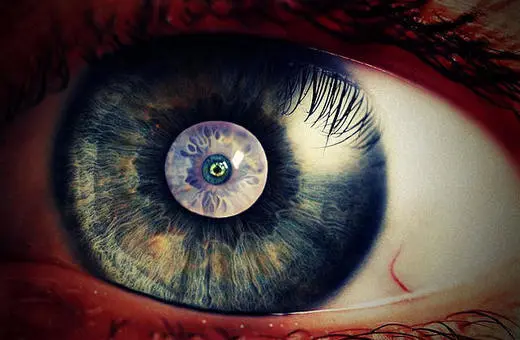Do we remain the same self over time, or are we many selves throughout our lives? Philosopher Jonardon Ganeri argues that we not only have a different self for different situations but that every one of our imagined selves exists alongside the 'real' self Western science and philosophy often cling to. By exploring Fernando Pessoa, one of Portugal’s greatest poets, ancient Hindu philosophy and the philosophy of David Chalmers, Ganeri argues that the self is split over multiple physical, imagined and virtual realities.
The early 20th-century Portuguese poet Fernando Pessoa’s curiosity about the reach of the imagination and the shifting sands of identity began early in life and remained the one constant preoccupation in this most creatively fluid of writers (and for a comprehensive account of his life consult Richard Zenith’s magisterial biography;). Fired up by the human mind’s strange ability to model and inhabit other forms of consciousness, Pessoa had no trouble in imagining himself to be a fly:
Who knows for what supreme forces—gods or demons of Truth in whose shadow we roam—I may be nothing but a shiny fly that alights in front of them for a moment or two? A facile hypothesis? Maybe. But I didn’t think: I felt. It was carnally, directly, with profound and dark horror that I made this ludicrous comparison. I was a fly when I compared myself to one. I really felt like a fly when I imagined I felt like one. And I felt I had a flyish soul, slept flyishly and was flyishly withdrawn. And what’s more horrifying is that I felt, at the same time, like myself. I automatically raised my eyes towards the ceiling, lest a lofty wooden ruler should swoop down to swat me, as I might swat that fly. (Pessoa 2002, #334)
Mostly, though, Pessoa wanted to imagine himself to be a different person—to have another self—while continuing, necessarily, to be himself. Over time, he imagined himself to be over a hundred different people, developing literary heteronyms – fictional characters in whose names he authored much of his work. And, even if only three of his other selves were fully rounded out alternative selves, they happen to be three of the great poets of the Portuguese language: Alberto Caeiro, Álvaro de Campos, and Ricardo Reis.
___
According to Pessoa, to be plural is the aim of every great poet.
___
For above all Pessoa wanted to multiply himself, to “be plural like the universe!” as he once jotted down in a memo-to-self on a scrap of paper (Pessoa 1966, 94). Imagining being a virtual other is a way to achieve plurality, a feat he repeated a hundred times over and thrice in extreme detail. The goal, as he has Campos say in Time’s Passage, one of his most celebrated poems, is to feel everything in every way:
To feel everything in every way,
To live everything from all sides,
To be the same thing in all ways possible at the same time,
To realize in oneself all humanity at all moments
In one scattered, extravagant, complete, and aloof moment. (Pessoa 1998, 146)





















Join the conversation